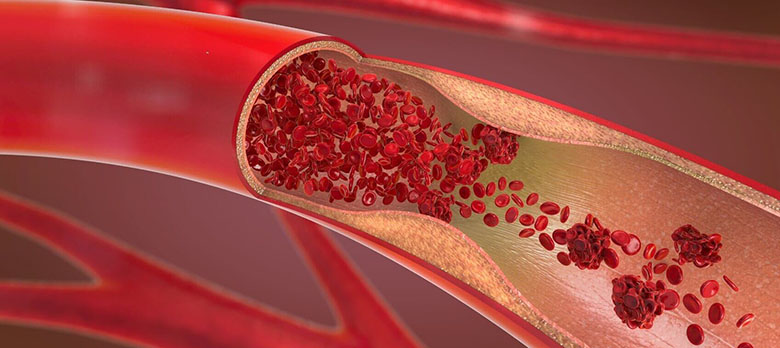It often happens to the best of us to eat more than necessary and not always out of hunger, but to compensate for states of anxiety, nervousness, stress, with the almost obvious consequence of becoming overweight. If the feeling of always having hunger happens every now and then, it is not worrying, but if it becomes habitual we should not underestimate this alarm bell. It is in fact a modality through which the body is communicating something to us: obviously something in your diet is not going the right way. So let’s see what can be the causes for which you are still hungry even after eating.
Being hungry after eating: the causes
Hunger is a physiological need and is influenced by various factors, such as the food itself, the emotional factors and the appetite hormones. An excess of constant hunger can affect our health, for this reason, we must pay attention to some habits.
The feeling of compulsive hunger can be triggered by a slight state of dehydration. It could be that the body needs fluids but there is confusion in the brain in the hypothalamus, which is the brain region that regulates both thirst and appetite. So it is advisable to drink a glass of water 20 minutes before starting to eat. If you finish eating you still have the feeling of hunger, drink another glass of water and wait 20 minutes. If the problem is dehydration, the feeling of hunger will disappear.
If your diet is mainly based on the consumption of carbohydrates, that is: white flour, sugary foods, sweets and biscuits, the blood sugar level will rise very quickly and fall immediately afterwards, triggering a vicious circle that leads to always eating more.

Therefore a balanced diet is recommended, which is also rich in fiber and protein. The latter promote the feeling of satiety. Say yes to eggs, lean meat and Greek yogurt.
It should never happen that you skip a meal during the day. When the stomach remains empty for a long time, it produces a high level of ghrelin, or the hunger hormone. Therefore it is advisable to eat every 4/5 hours starting from breakfast.
Psychological causes of continuous hunger
Several studies have confirmed that observing food encourages eating and, in this society where food really is not lacking, we just have to give in to temptations very often. So once our meal is over, we should be strong and resist.
Very often, because of the little time available, we eat quickly on the office desk, maybe in the meantime we carry on the work. Nothing could be more wrong: lunch or dinner require the right amount of time, as well as the serenity and the possibility of enjoying the meal. Eating slowly and consciously helps to reach satiety first and keep it longer.





































